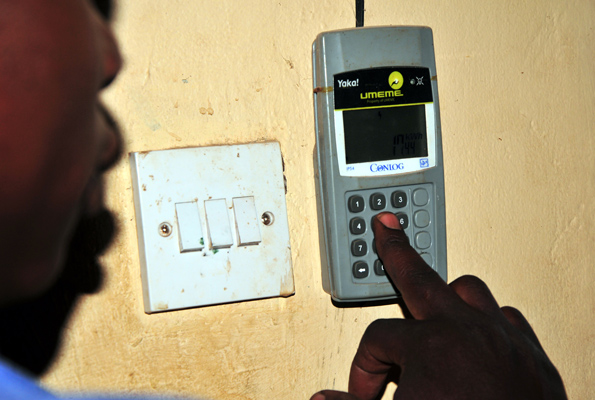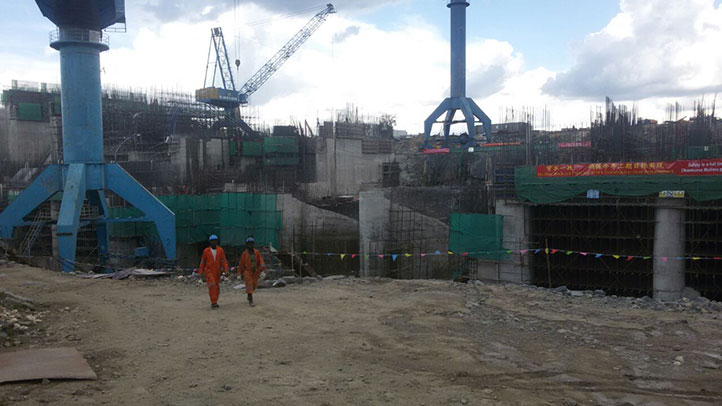The electricity regulatory authority – ERA has decreased the power tariffs responding to an application by power company UMEME for the supply of electrical energy for the third quarter of 2016.
High electricity costs and frequent outages are cited as some of the biggest challenges facing businesses and households in Uganda.
South African owned UMEME had proposed a higher charge basing on the movement in the exchange rate of the Uganda Shilling (Ush) against major currencies directly affects the costs for companies involved in the Electricity Supply Industry (ESI), because a portion of these companies’ costs are incurred in foreign currency yet the retail tariff is charged and revenue collected in Uganda Shillings.
UMEME had also hoped for ERA’s approval to raise consumer charges in order to cover rising operation costs and upgrade its transmission network.

UMEME is said to have presented the proposed higher tariff structure to the energy regulator last month, seeking its approval.
In a statement ERA says Domestic consumers using low voltage or single phase connection at 240 volts will be charged Domestic consumers will pay Shs 626.0 per unit from Shs 640.2, marking a reduction of Shs14 charged in the 2rd quarter.
Commercial consumers connected to a three phase low voltage load not exceeding 100 amps will now be charged Shs 566.9 for each unit from Shs 578 while medium industrial consumers will pay Shs 524.7 from Shs 536.2.
The overall impact of the above adjustment factors is a reduction of 2.5 percent in the weighted average end-user Retail Tariffs relative to the quarter two 2016 tariffs . This reduction in end-user tariffs is largely explained by the increased power dispatch from the cheaper Nalubaale-Kiira power complex that replaced the shortfall in power dispatch from Kakira Sugar Limited (KSL) Cogeneration power plant. KSL was out of production in the month of May and part of June 2016, for annual maintenance.
ERA says the new tariffs shall be applicable to all consumer bills based on meter readings and Yaka purchases taken in the period July 2016 to September 2016.
“UMEME is in business and have to make their case in seeking to tap new revenue but the government looks at things from a wider perspective,” a source at ERA who preferred anonymity told EagleOnline.

Reducing the cost of energy has been a key plank of President Yoweri Museveni’s economic agenda that is aimed at making locally produced goods competitive in local and foreign markets as well as slowing down the rate of inflation.







